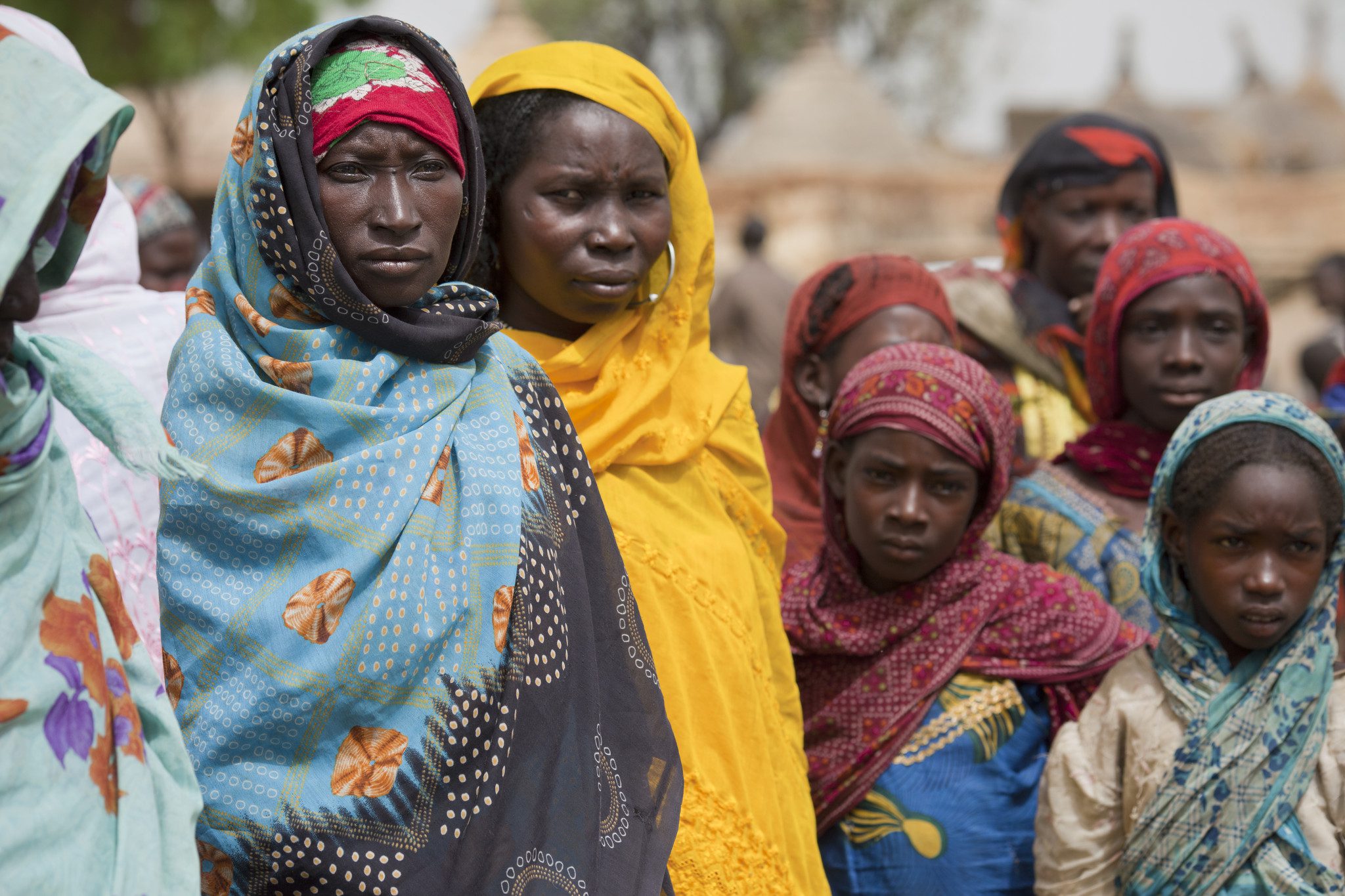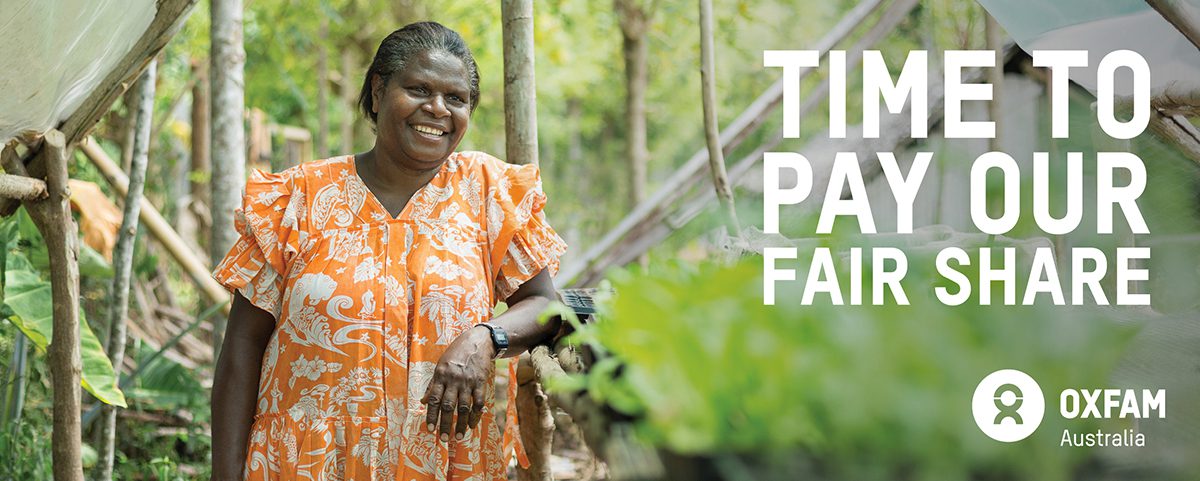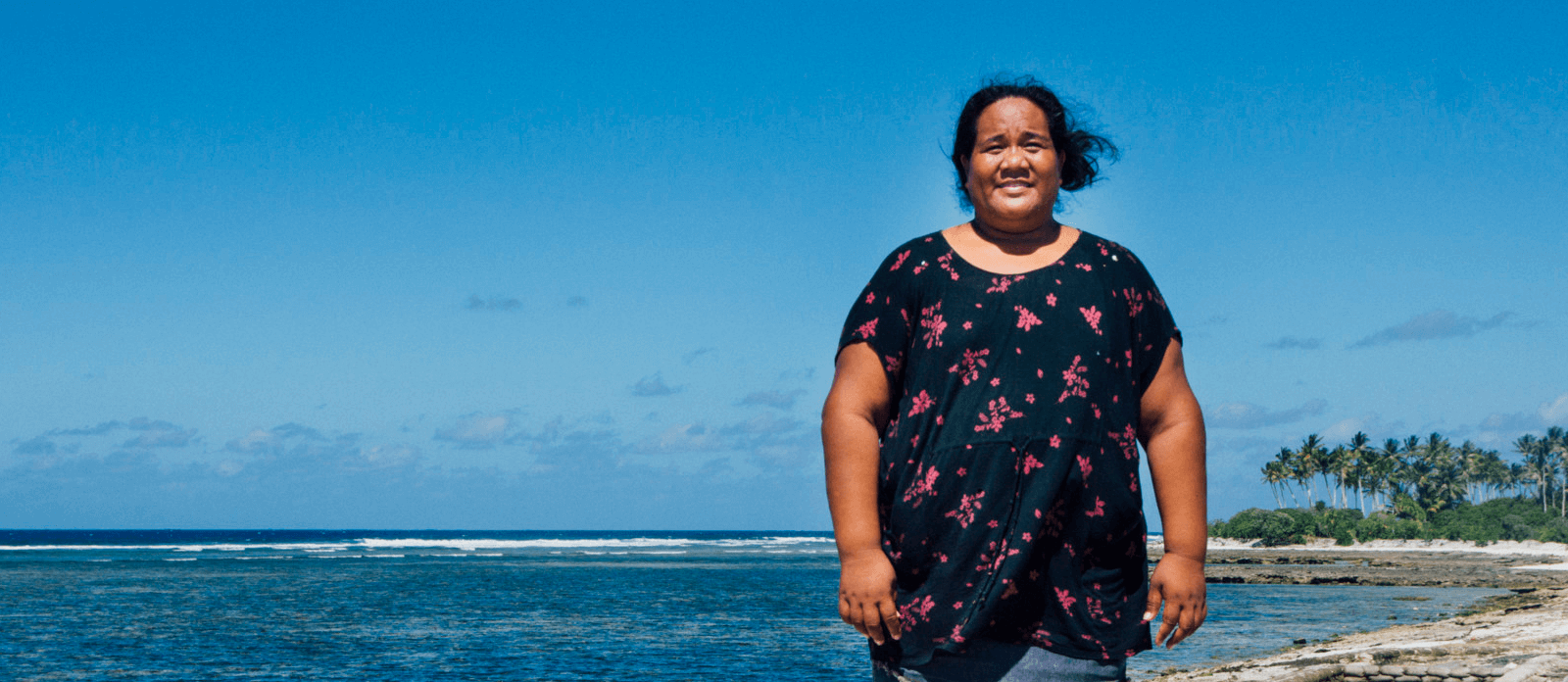In the Sahel region of West Africa, an estimated 18.7 million people are currently experiencing severe food shortages, with more than 1 million children at risk of acute malnutrition.
This emergency has been building since early 2012. Low rainfall and water shortages, poor harvests and sky-rocketing food prices (expected to keep rising until the end of August) are all causing serious problems.
Funds are urgently needed to provide food and water now. Long term support to the most vulnerable people is also required so they can increase the productive capacity and sustainability of their farms, boost their incomes and have stronger social welfare safety-nets to fall back on, especially in times of crisis.
Delaying any longer will be devastating for already hard-hit families.
Join the global call to support the Sahel, and tell world leaders to take action now
SIGN THE GLOBAL PETITION
It is imperative that governments around the world commit to supporting the Sahel crisis by contributing their “fair share” of emergency aid funding. Our own Government has already committed their fair share – 30 million Australian dollars through the UN and NGOs responding to the crisis. Public pressure recently pushed the UK Government to make further commitments. We need to keep the pressure on other world leaders to ensure that adequate funds for vital humanitarian needs including food and water reaches the 18 million people affected by this crisis.
In addition, predictable long term funding is required to build the resilience of local small scale farmers. These funds provided now will save money and lives in the long run. Climate change will increasingly make the weather hotter, drier and more unpredictable. It is crucial that funding addresses the long term issues and does not simply become a series of last-minute responses to the latest emergency.
Investing in small scale farmers now, for instance with new irrigation, different and hardier crops and better roads and transport links, will help to boost food production and availability in the future. This investment must prioritise food crops over cash crops and focus on women who are the majority of farmers in West Africa. We also need bigger and better food reserves to ensure more supply in times of need and to help to keep prices more stable.
We must learn the lessons of the past by investing in long-term solutions to ensure food crises like this one become a thing of the past.
Join the global call to end the food crisis in the Sahel – help us reach our goal of assisting 1 million people.




